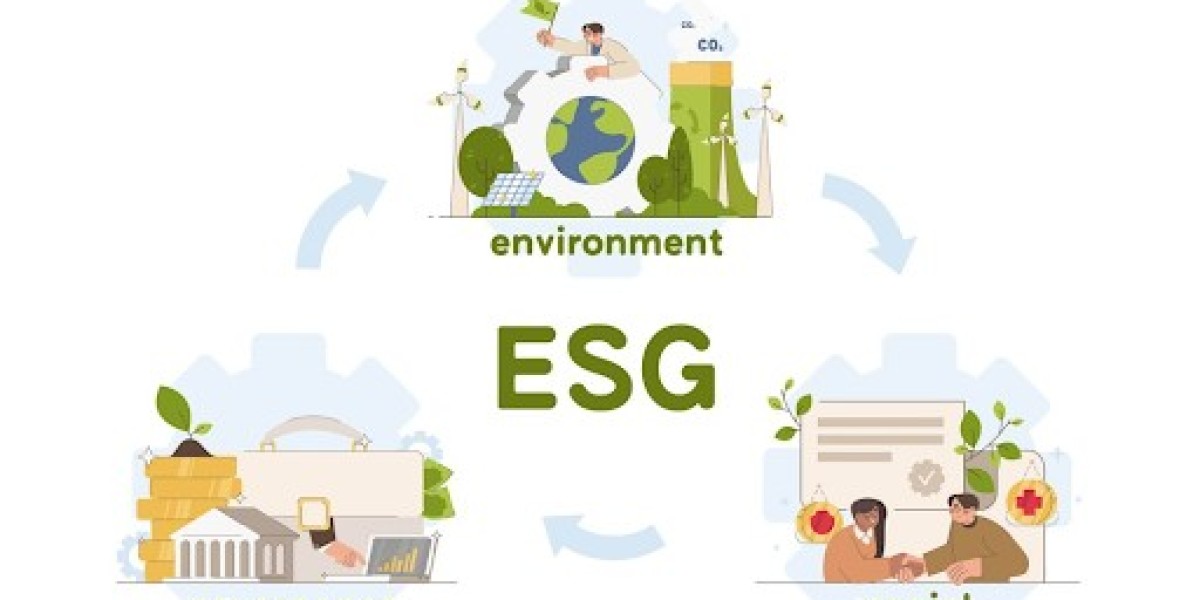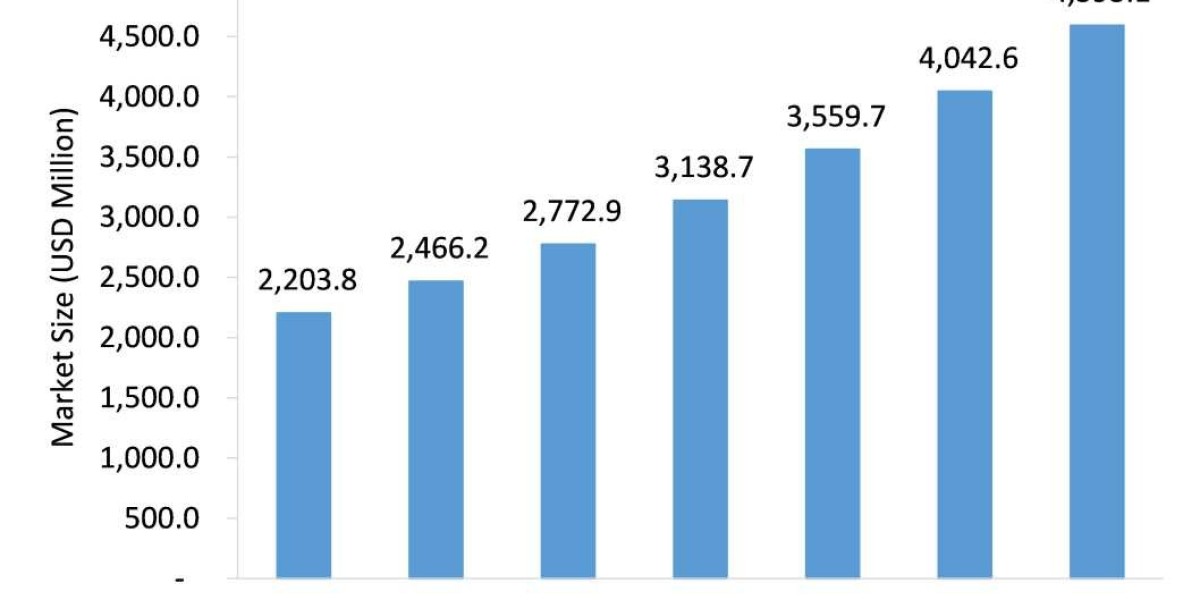Environmental, Social, and Governance (ESG) assessments have rapidly evolved from a niche consideration into a central pillar of investment decision-making. In 2024, ESG assessments are not just a passing trend but a fundamental aspect of how investors evaluate risks, opportunities, and the long-term sustainability of companies. As stakeholders become more aware of the global environmental crises, social justice issues, and corporate governance scandals, ESG factors have gained prominence as a tool for assessing corporate responsibility, risk mitigation, and future-proofing portfolios.
This blog explores how ESG assessments impact investment decisions in 2024 and the potential trajectory for ESG factors in the future.
1. The Rise of ESG in Investment Decision-Making
Over the past decade, investors have increasingly recognised that financial metrics alone do not provide a full picture of a company’s potential. Issues like climate change, resource scarcity, corporate governance failures, and labour exploitation present significant risks to companies that are unprepared to address them.
By 2024, ESG assessments have become a staple in both institutional and retail investment strategies. Global events, such as the COVID-19 pandemic and rising awareness of climate risks, have accelerated this shift. Investors, from pension funds to venture capitalists, are now demanding more robust ESG data to ensure their portfolios align with long-term sustainability goals.
2. Key ESG Factors Shaping Investment Decisions in 2024
ESG assessments encompass a wide range of factors, but some have taken on increasing importance in 2024 as global challenges become more pressing.
a. Environmental Factors
Climate change is the most urgent challenge facing humanity, and investors are acutely aware of the risks it poses to financial markets. Companies failing to manage environmental risks may face regulatory fines, stranded assets, or damaged reputations, making them less attractive to investors.
b. Social Factors
Social issues are gaining significant traction as investors recognise the connection between corporate behaviour and societal well-being. Labour practices, community engagement, and product safety are central to social assessments.
Key social factors include:
- Labour rights and working conditions: Companies that offer fair wages, safe working environments, and robust labour protections score higher in ESG assessments. Investors prefer firms that avoid labour disputes or supply chain controversies.
- Diversity, equity, and inclusion (DEI): Diversity in leadership teams and equitable treatment of employees are increasingly seen as indicators of strong governance and a healthy corporate culture.
- Human rights: Investors are paying closer attention to how companies address human rights issues, particularly in complex global supply chains. Firms involved in modern slavery or forced labour are seen as high-risk.
c. Governance Factors
Strong corporate governance is a hallmark of sustainable businesses. Investors evaluate governance structures to ensure they align with ethical behaviour, transparency, and accountability. Companies with diverse, independent, and accountable boards are more attractive to investors. Governance failures—such as conflicts of interest or lack of oversight—can lead to poor performance and scandals.
3. The Role of Technology in ESG Assessments
The increasing use of technology is reshaping how ESG assessments are conducted. In 2024, advanced data analytics, artificial intelligence (AI), and machine learning are being leveraged to process large volumes of ESG data. This technological shift allows for real-time monitoring of ESG factors, greater transparency, and more accurate assessments of corporate behaviour.
How Technology Enhances ESG Assessments:
- Data Transparency: Blockchain technology is being used to verify ESG data and ensure that companies are held accountable for their sustainability claims.
- AI-driven analytics: AI can identify patterns and predict future ESG risks, helping investors make more informed decisions.
4. Looking Ahead: ESG in the Future
As we look beyond 2024, ESG assessments are expected to become even more integral to investment strategies. Investors will continue to demand transparency and accountability, and companies that prioritise ESG factors will likely outperform their peers in both financial and reputational terms.
Future Trends to Watch:
- Standardization of ESG metrics: Investors are calling for consistent, global standards for ESG reporting, reducing the complexity and variability in how companies report their sustainability efforts.
- ESG and AI convergence: As AI technology advances, its role in enhancing ESG assessments will grow, providing deeper insights and allowing for more proactive investment decisions.
Conclusion
In 2024, ESG assessments play a crucial role in shaping investment decisions. Investors are recognising that companies with strong ESG performance are better equipped to manage risks and seize long-term opportunities. As global challenges continue to evolve, ESG will remain a powerful tool for investors seeking to align their portfolios with sustainability, resilience, and ethical growth.



